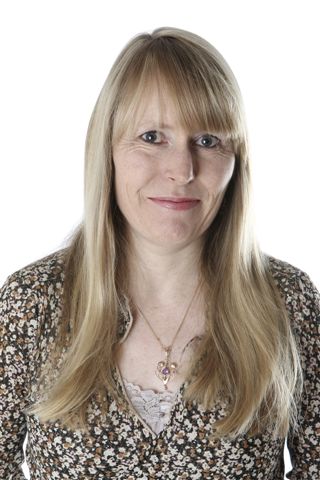
Rhodes University’s Highway Africa Chair has argued for the establishment of a transformation charter in South Africa’s press industry on her recent submission to the third parliamentary hearing on print media transformation.
In the past two hearings, Professor Jane Duncan argued for that the form of transformation that the press industry has adopted was not adequate. Her recent submission paves way for meaningful transformation.
“The purpose was to argue for a form of transformation charter that would offer a thicker, richer definition of transformation than the B-BBEE scorecards, while protecting the editorial independence of the industry, given that it has been under political attack for its investigative reporting,” she said.
“Transformation should not be used as an excuse to lessen the independence of the industry.”
She said that Broad Based Black Economic Empowerment (B-BBEE) scorecards were not adequate in measuring ownership transformation. “The problem with focussing on the B-BBEE scorecards as a measurement of transformation is that it will most probably lead to an elite transformation that will benefit a narrow range of black and female beneficiaries,” said Prof Duncan.
“I also argued for a transformation charter, rather than relying on the scorecards only as it would commit the industry to specific targets and would allow for targets that related to media diversity and not just deracialisation to be set,” she said
She added that the five major newspaper groups; Avusa, Independent Newspapers, Caxton, Media 24 and Mail & Guardian, have achieve black empowerment targets but the “areas that relate to their internal operations, such as ownership, management control, employment equity and skills development are still quite weak”.
Professor Duncan said that the charter that she proposed would help the press industry to ward off government’s intention to regulate the press. “In the case of the print media, a transformed Press Council combined with a charter would have made it practically impossible for them to pursue plans to reintroduce statutory regulation in the form of the Media Appeals Tribunal,” she said.
She explained that without the charter print media will not be committed to any transformation targets beyond the B-BBEE scorecard.
Print Media South Africa (PMSA), which represents the print industry, has rejected the proposed charter. Duncan said that the rejecting the charter will have major implications for the industry. “If the industry is out of step with the demographic composition of broader society, then its credibility will be open to question, no matter how relevant the content of its publications,” she said. “They have been vigorous in defending their freedom, but unless they take transformation as seriously as media freedom and develop a credible transformation roadmap, they remain open to political attack.”
In the meantime, PMSA has been instructed to meet with Government Communication and Information System and the Media Development Diversity Agency to discuss the way forward to the charter, which they declined.
The Portfolio Committee on Communications will discuss the possibility of developing a media diversity measurement tool and a cap on ownership to prevent concentration before the next hearing, which will be in September.
By Azwi Mufamadi
Picture Supplied
